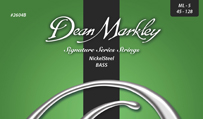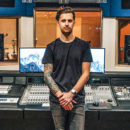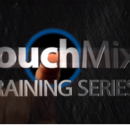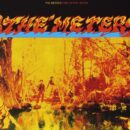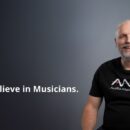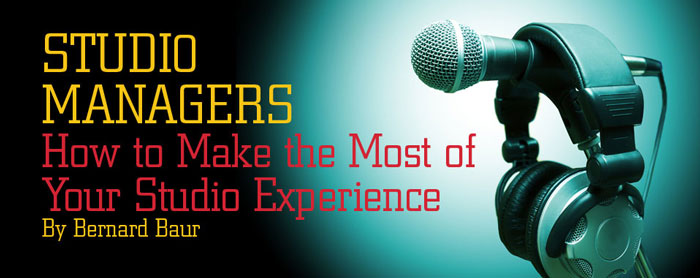
You know you want your next recording project to have the sonic depth and flair that only a professional studio can deliver––but you’re also very aware that your funds are limited. What do you do? To help you make the most of your studio experience, Music Connection asks studio owners, managers and VPs of operations how clients, large or small, can spend their time wisely and avoid wasting money
EASTWEST STUDIOS
Los Angeles, CA
eastweststudios.com
Candace Stewart – Studio Manager
EastWest Studios has turned out more Grammy-winning recordings than any other studio in the world. Indeed, for over 50 years it has been making music history for recording artists, TV shows and films, including the Red Hot Chili Peppers, Muse, Justin Timberlake, Slayer, Rihanna, Frank Ocean, Demi Lovato and EDM artists Skrillex and Diplo. The studio also records music for TV series and films: Mad Men, Glee, American Idol, The Voice; Iron Man II, This is 40 and Eat, Pray, Love.
Candace Stewart has over 30 years in studio management. She has managed Take One Recording, Red Zone, Soundcastle and Firehouse Studios. Prior to coming onboard at EastWest she managed Cello Studios, which was converted into EastWest. Stewart has worked with a variety of artists and genres, from The Rolling Stones, Tom Petty, Red Hot Chili Peppers, Madonna, Ice Cube, and Snoop Dogg to acclaimed film composers Jerry Goldsmith and Paul Williams.
How do you account for your longevity as a studio manager?
I think it’s because I believe in what I do and really love it. I like working in this industry and I enjoy helping artists. In fact, I look forward to work every day, mainly because the people I work with are pretty cool.
What’s the biggest time waster you’ve seen?
Actually, we’re happy when you waste time. [laughs] That makes more money for us. But seriously, the biggest time waster is coming in unprepared, not knowing what you’re going to do or how you’re going to do it. You shouldn’t use studio time to figure that out.
What sort of preparation should be done prior to recording?
Pre-production is important. The best acts take weeks (sometimes months) to prep before they record (Note: Rick Rubin is famous for pre-production––often working with artists for months before recording them). You should know what songs you’re going to do and how everyone is going to play them. Every part, including performances, should be reviewed. Obviously you should practice to make sure everyone is on the same page. If you use studio time to write songs, choose songs or learn your parts, it’s going to add up and be very expensive.
Do clients write songs during sessions?
We do have writing sessions for publishers, where writers collaborate with multiple producers. But for most acts that’s not advisable. Superstars sometimes do it, but they can afford it. Even if you’re just tweaking parts of a song, it could take up a lot of time and increase costs.
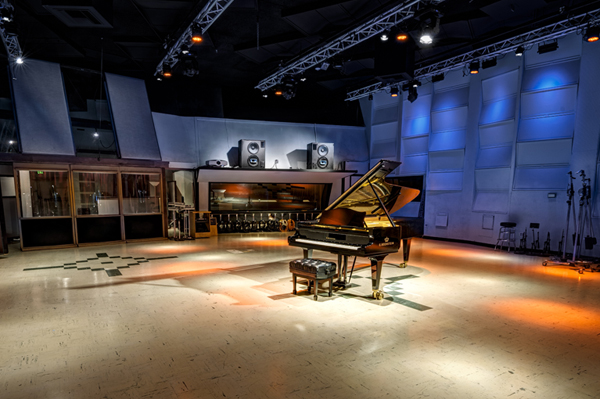
Should artists hire a producer to manage sessions?
While hiring a producer can be beneficial––for a lot of different reasons––not all producers are good time managers. The most important thing is to have someone who is a decisive leader, someone in charge who can make decisions. You should never vote by committee. That’s a huge waste of time and can also compromise an act’s artistic vision.
Do you have any advice regarding the recording process?
If you want to be productive, having a written plan––and following it––is always a good idea. That way you can keep on track and on budget. I also suggest that you start with the easiest song so you can warm up and get into it as the session progresses.
Do only superstars record at your studio?
We’re pretty diverse. We have four studios, so we can accommodate almost any budget and offer really good rates. I think we’re extremely competitive and affordable for most acts. Most important, though, is that you’ll end up with a great sounding record.
How can artists get your best rates?
First of all, there’s a misconception that nighttime is downtime. Nighttime incurs double-time pay, and professional acts often book night sessions. If you’re looking for a deal, your best bet is to consider any open date in the middle of the week.
Any last words?
I’d like to convey an attitude of hope. All of us—artists, producers, engineers and studio personnel––are fortunate to be in a business we love. I hear a lot of different music, and I’m just really impressed with how good it is.

